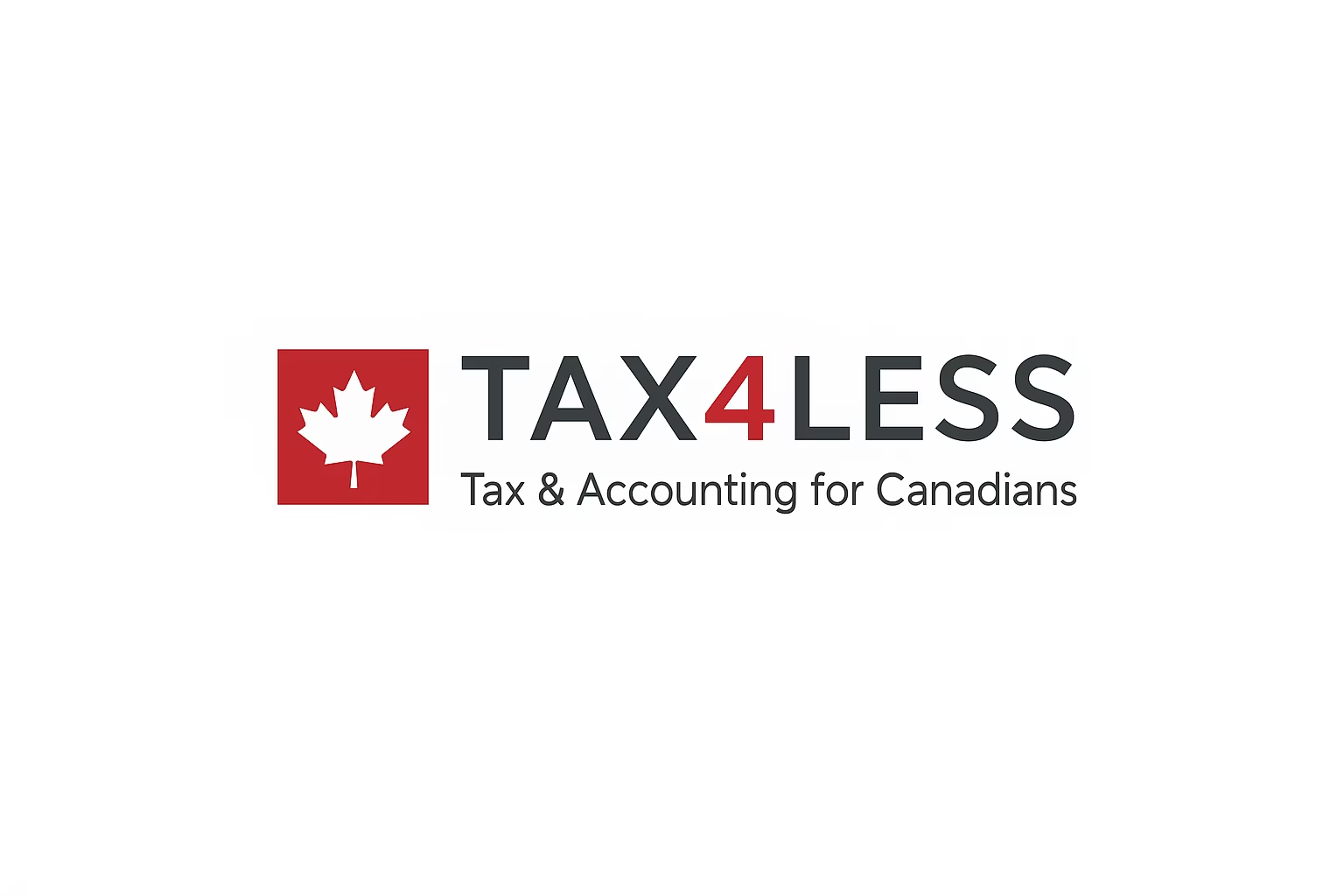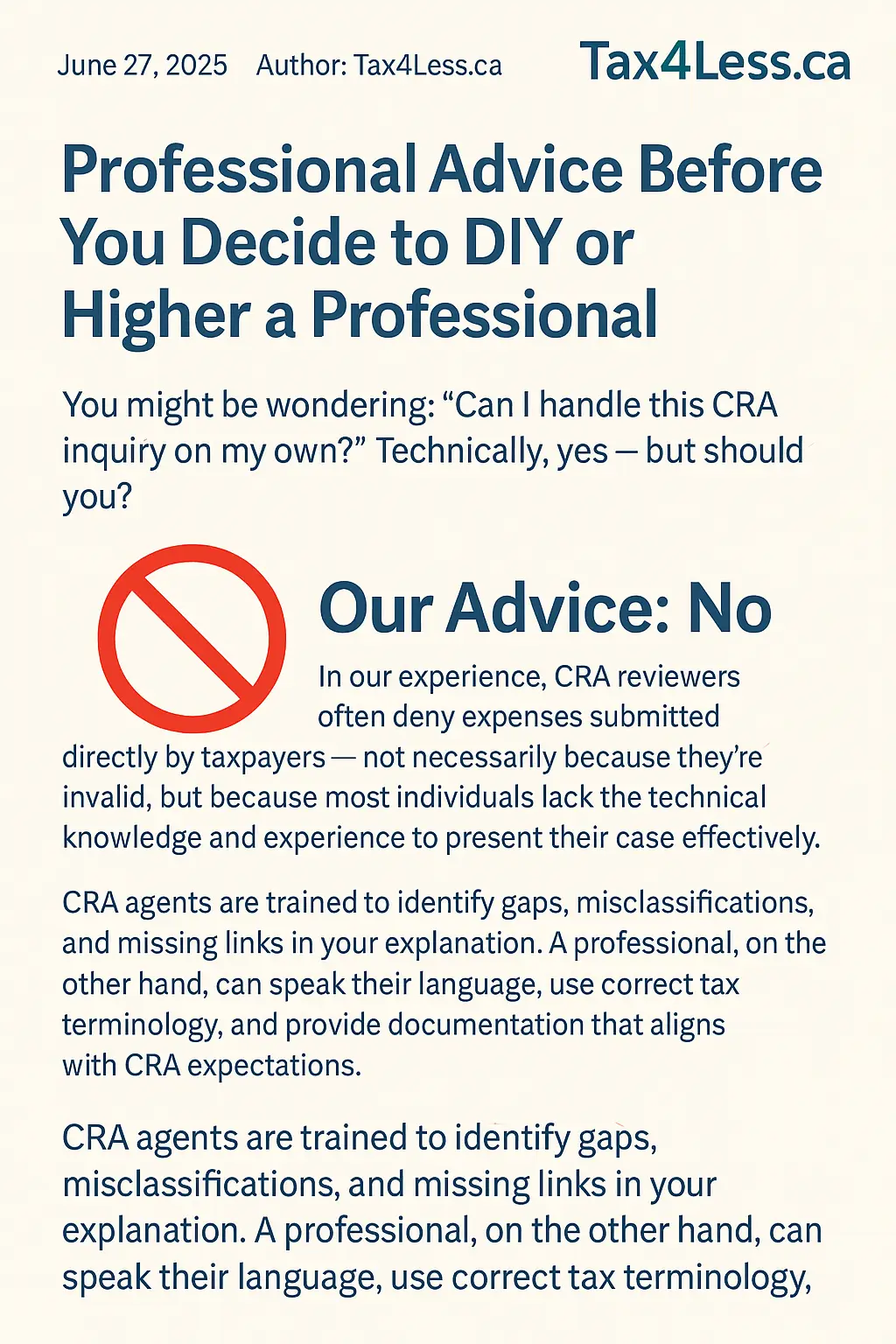Guide to Legal Elements for Business Incorporation in Canada: Corporations, Not-for-Profits, and Cooperatives
Incorporating a business in Canada is not only about establishing a legal entity—it’s about making a clear declaration of your business structure. Canada requires specific legal elements, or suffixes, to be part of a business name to define its type: business corporation, not-for-profit corporation, or cooperative. These elements convey the legal identity and function of the organization and help distinguish different types of entities in the eyes of stakeholders, clients, and regulatory bodies. This article breaks down the mandatory terms for each type of entity, offering insights into why they matter and which to choose based on your organization’s structure.
1. Mandatory Legal Elements for Business Corporations
When naming a business corporation in Canada, it’s mandatory to include a legal element to identify the organization as a limited liability entity. Here are the approved options:
- English Terms: Limited (Ltd.), Incorporated (Inc.), Corporation (Corp.)
- French Terms: Limitée (Ltée), Incorporée (Inc.), Société par actions de régime fédéral (S.A.R.F.)
Each of these suffixes conveys that the corporation is legally separate from its owners, offering limited liability protections.
Choosing the Right Legal Element
When choosing among the options, it’s essential to consider branding, industry standards, and the language most common among your stakeholders. For example:
- Ltd. or Ltée: Common among industries where a traditional corporate structure is preferred.
- Inc. or Incorporée: Often associated with established corporations and has a reputable, recognizable appeal.
- S.A.R.F.: Specific to federally incorporated entities and is rarely used outside of formal contexts.
Selecting a suffix that resonates with your audience can enhance your business’s credibility, especially if you operate internationally.
2. Prescribed Terms for Not-for-Profit Corporations
Not-for-profit corporations in Canada have a different set of prescribed terms, reflecting their non-commercial and community-oriented nature. If you opt for a numbered name (e.g., 1234567 Canada Association), you must include one of these terms in the name:
- Association
- Center / Centre
- Foundation / Fondation
- Institute / Institut
- Society
For not-for-profit corporations with a word-based name (i.e., a name without a number), using a prescribed term is optional, allowing for greater flexibility in creating a unique identity.
Choosing a Term for Not-for-Profits
Choosing a term for a not-for-profit depends on your organization’s mission and type of activity:
- Association: Suitable for organizations built around membership or shared interest.
- Center/Centre: Often used by service-oriented organizations, especially those focusing on community services or resources.
- Foundation/Fondation: Common for organizations focused on fundraising or charitable activities.
- Institute/Institut: Appropriate for organizations involved in research, education, or advocacy.
- Society: Often used by regional or provincial groups that represent a community or special interest.
Each term carries a distinct connotation, so choose one that aligns with your organization’s mission and is familiar to your target community.
3. Mandatory Terms for Cooperatives
Naming a cooperative in Canada requires one of the following words or a related term to reflect its collaborative business model. Cooperatives are unique in that they are democratically owned and controlled by their members. Here are the mandatory options:
- Cooperative / Co-operative
- Coop / Co-op
- United
- Pool
- Coopérative
Each of these terms underscores the collaborative, community-focused nature of cooperatives and indicates that the organization operates for the benefit of its members, not outside shareholders.
Choosing a Term for Cooperatives
Your choice of term will reflect the spirit and identity of your cooperative:
- Cooperative / Co-operative: Emphasizes shared ownership and is widely recognized both nationally and internationally.
- Coop / Co-op: Often used for brevity in branding or in industries where “co-op” carries specific meaning, such as retail and agriculture.
- United: Indicates unity among members, suitable for organizations promoting a common purpose or benefit.
- Pool: Often used in agricultural or financial sectors where resources or profits are pooled for the collective benefit.
Selecting a term that resonates with your members and target market strengthens your brand’s identity and clarifies the cooperative’s purpose.
4. Summary: Matching Your Business Name with the Right Legal Element
When incorporating your business in Canada, selecting the correct legal element ensures compliance and establishes credibility with customers and partners. Here’s a quick guide to match your business type with the correct terms:
| Business Type | Mandatory Terms | Best Use Cases |
|---|---|---|
| Business Corporation | Ltd., Limited, Inc., Incorporated, S.A.R.F., Corp. | Traditional corporations; entities with shareholders |
| Not-for-Profit | Association, Center/Centre, Foundation/Fondation, | Organizations serving a social, charitable, or research purpose |
| Institute/Institut, Society | ||
| Cooperative | Cooperative, Co-operative, United, Pool, Coop, Co-op | Member-owned organizations focused on community benefit |
Choosing the right legal element not only reflects the legal status of your organization but also supports its mission, brand, and credibility in the marketplace.
5. Final Considerations and Seeking Professional Guidance
When choosing the legal element for your organization, it’s essential to consider not only compliance but also how each term aligns with your mission, target audience, and branding goals. While this guide provides an overview, consulting with a legal professional can help you navigate any province-specific requirements or nuanced implications of each legal element.
In summary, incorporating a business in Canada involves more than just registering a name. It’s about signaling your organization’s purpose, structure, and commitment to compliance. By choosing the correct legal element, you ensure that your business name meets regulatory requirements, reflects your brand, and communicates your business structure to the world.

 Previous Post
Previous Post Next Post
Next Post